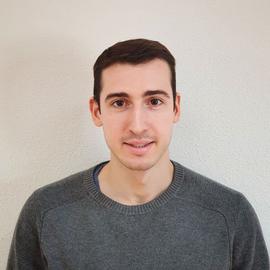Resumen
We address an optimization problem related to the minimization of the distribution costs associated with product delivery in the oil industry. Particularly, the problem consists of determining a schedule of shipments from production ports to satisfy demand and desired inventory limits at consumptions ports. Products are transported in vessels, which can be viewed as a set of shared resources. The complexity of the problem derives from the problem structure and the number of decisions that need to be made throughout a planning horizon. The context that we studied belongs to the family of short sea inventory routing problems for which the ports are in the same geographical area. We formulate a mixed-integer programming model that captures the most relevant features of the real system. The main decisions include the selection of the vessels that will be used, the paths that each vessel will follow, and the quantities of each product loaded and unloaded at each port visited during the planning horizon. We test the limits of our mathematical programming formulation and develop a heuristic approach for tackling problem sizes that exceed the capabilities of a commercial solver.
Publicación
Computers & Industrial Engineering

Doctor en Inteligencia Artificial
Sergio Cavero nació en Madrid (España) el 24 de septiembre de 1997. Se graduó en Ingeniería del Software por la Universidad Politécnica de Madrid en 2019. Durante sus estudios de grado realizó una estancia en la Universidad de Bradford (Reino Unido). Además, fue galardonado en dos ocasiones con la Beca de Excelencia de la Comunidad de Madrid, así como con el premio al Mejor Proyecto Fin de Carrera. Posteriormente, realizó un Máster en Inteligencia Artificial en la misma universidad (UPM) obteniendo los premios al Mejor Expediente Académico (‘Premio José Cuena’) y al Mejor Trabajo Fin de Máster. Sus resultados académicos le permitieron ser beneficiario de una de las ‘Ayudas para la Formación de Profesorado Universitario (FPU)’, financiadas por el Gobierno español. Actualmente realiza su tesis doctoral en la Universidad Rey Juan Carlos, dirigida por los profesores Abraham Duarte y Eduardo G. Pardo. Sus principales intereses de investigación se centran en la interfaz entre las Ciencias de la Computación, la Inteligencia Artificial y la Investigación Operativa. La mayoría de sus publicaciones tratan sobre el desarrollo de procedimientos metaheurísticos para problemas de optimización modelados por grafos.